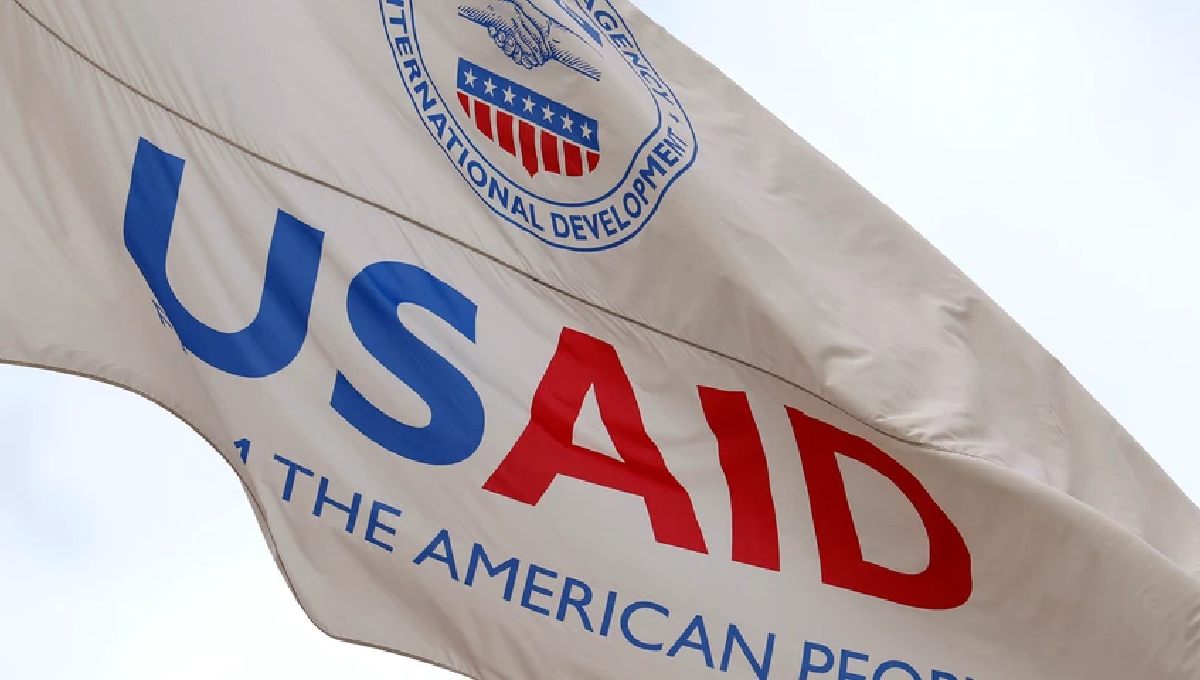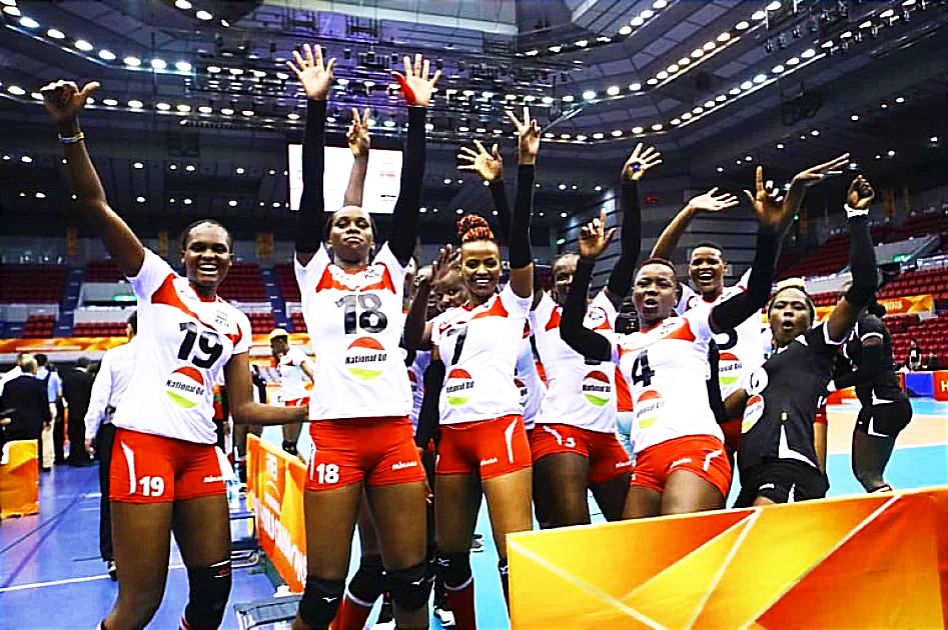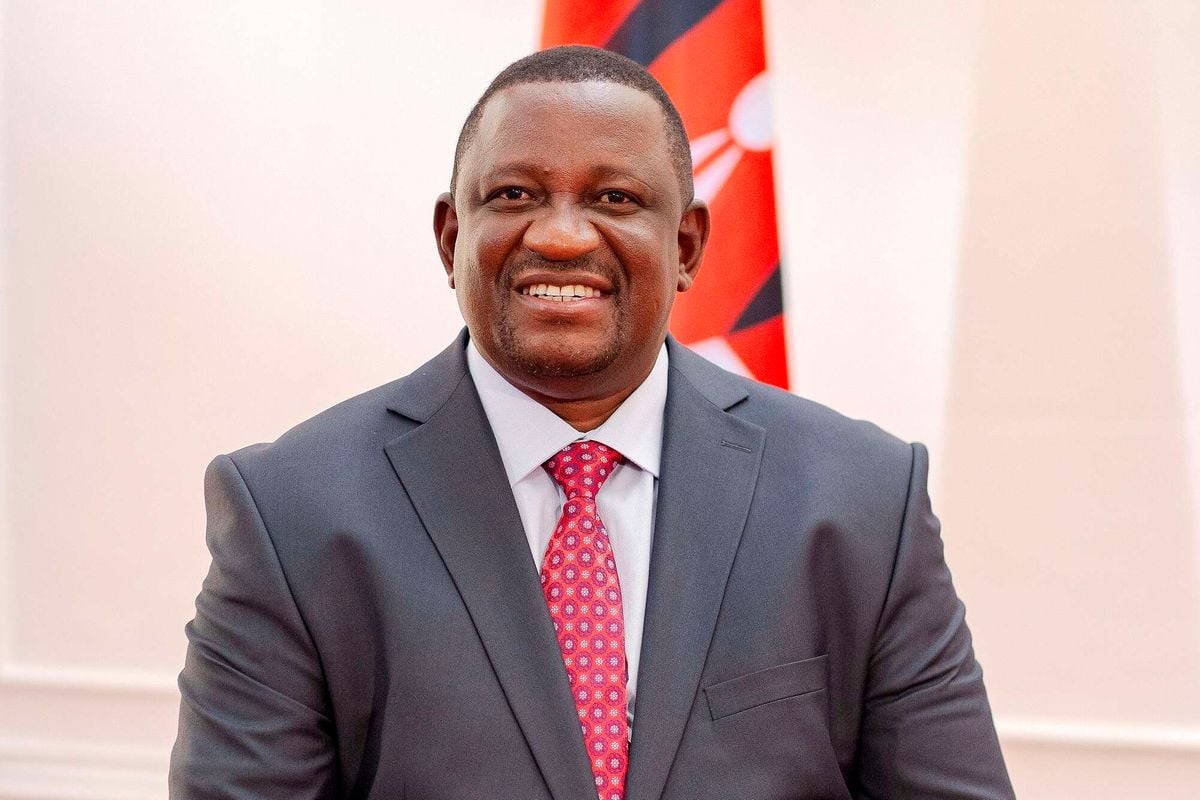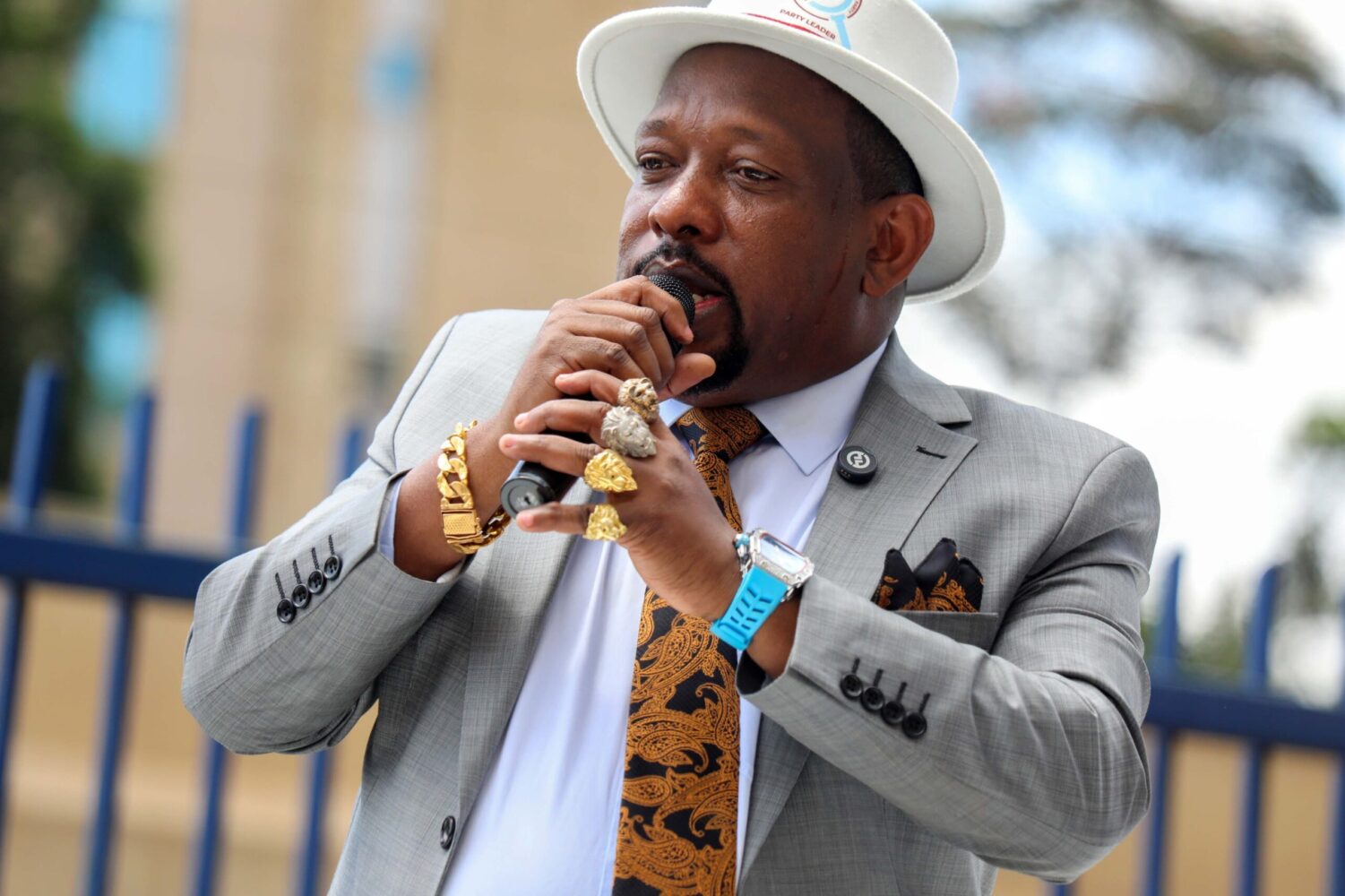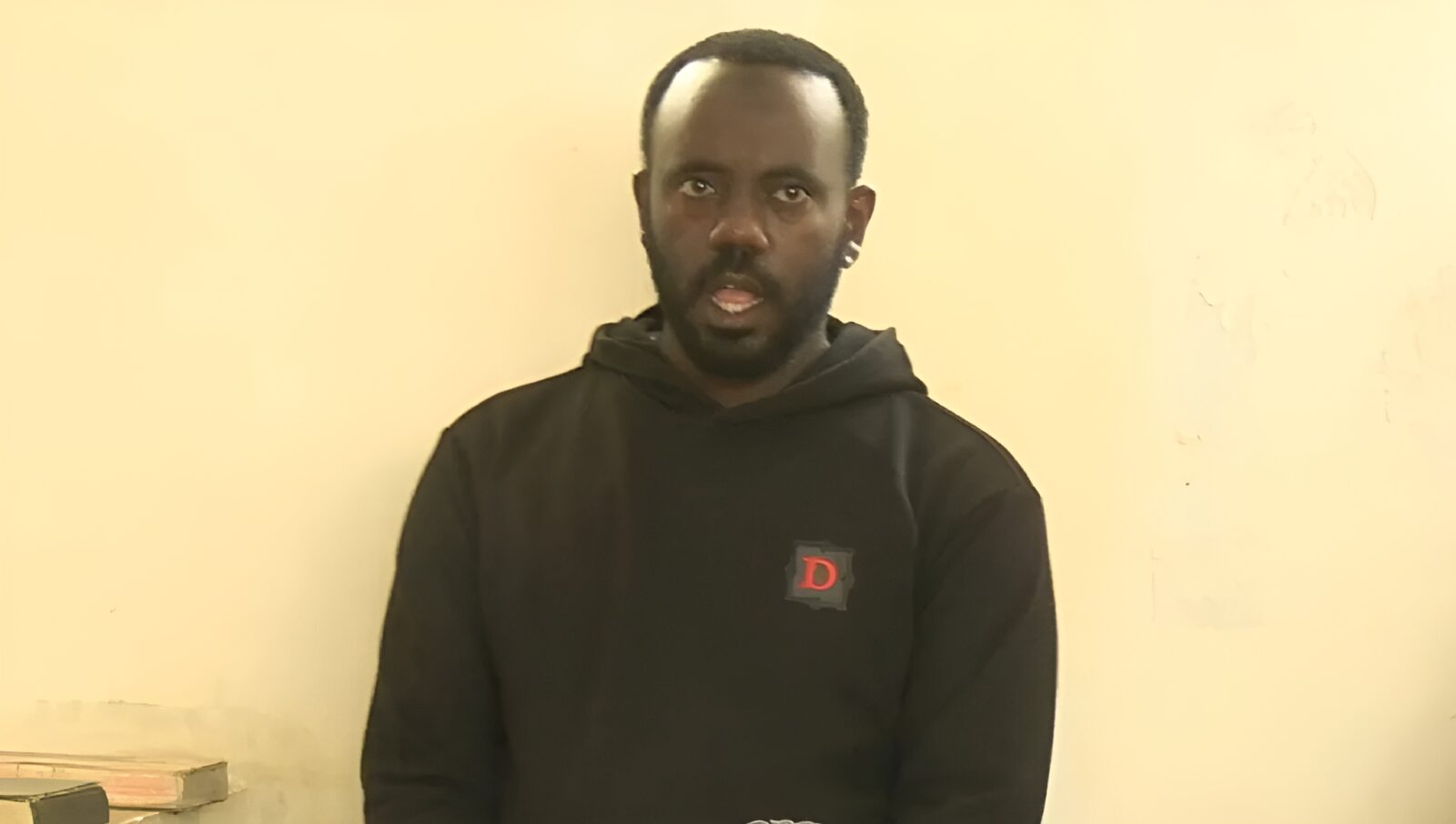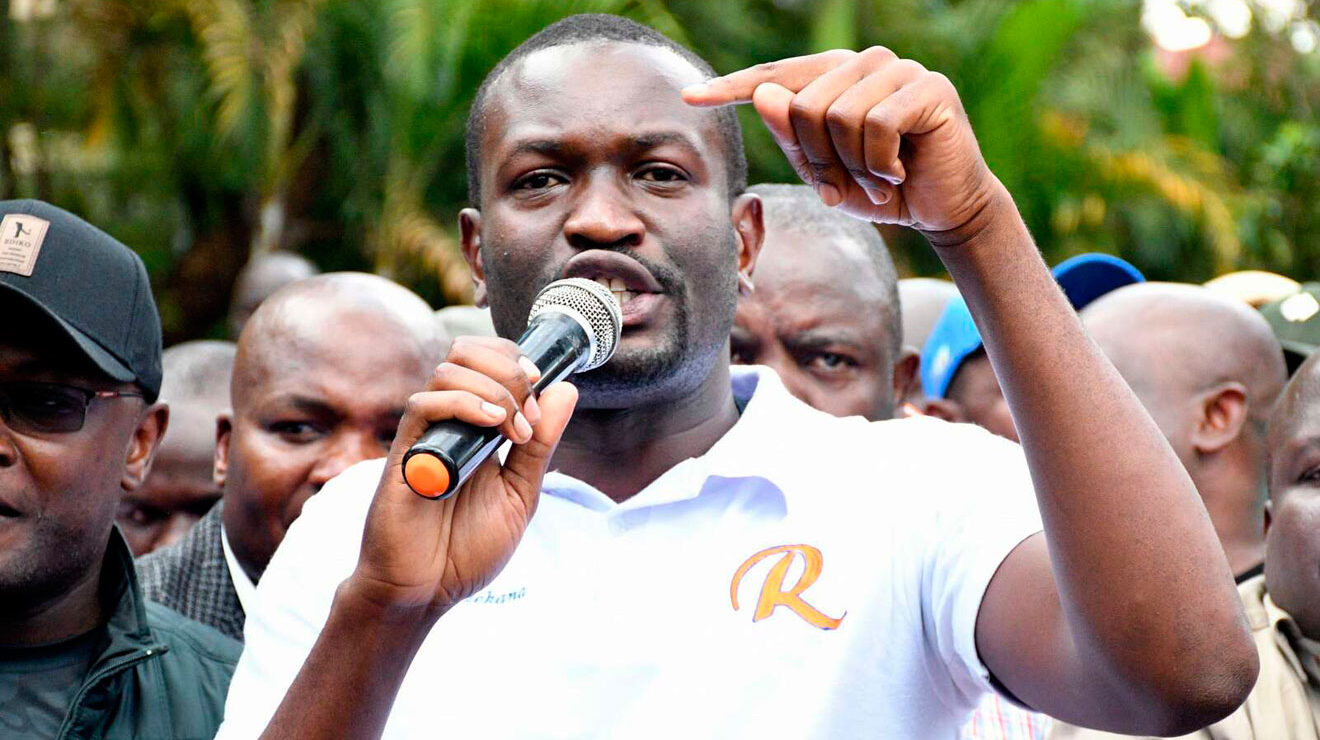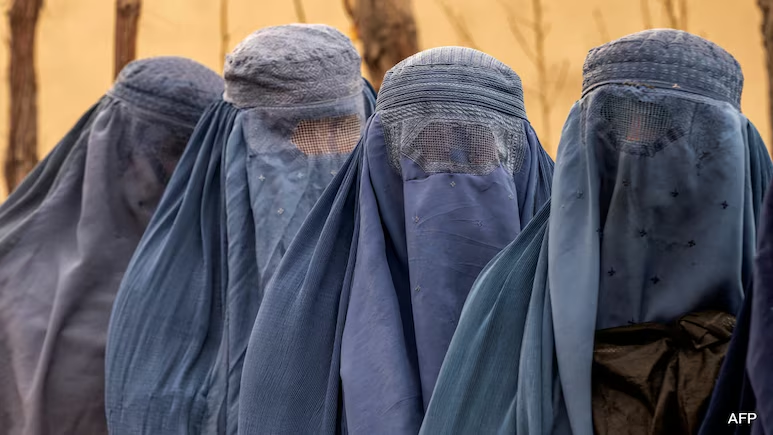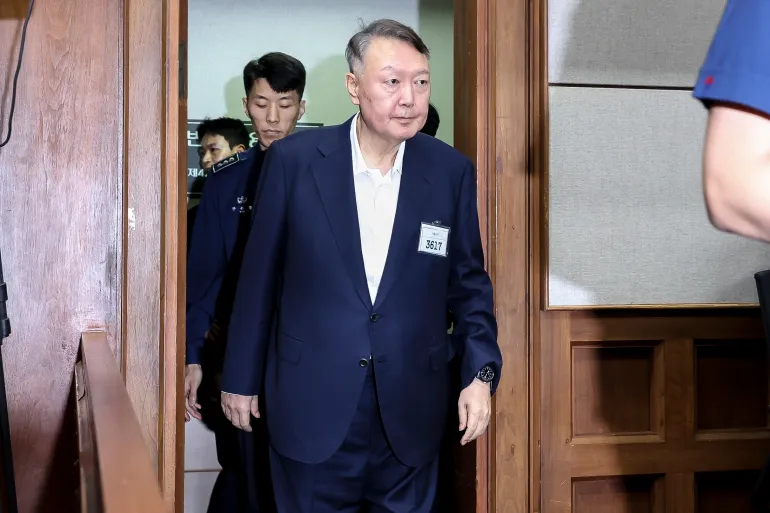The sudden closure of the United State Agency for International Development ( USAID) has sparked concerns across Africa, especially Kenya, where millions relied on its support for healthcare, education, food security and job creation.
The shutdown announced by the US Secretary of State Marco Rubio, following a government budget cuts, marks the end of 60 years of American development assistance to Africa, with the impact expected to be felt by poor and vulnerable communities.
“This era of government-sanctioned inefficiency has officially come to an end. Under the Trump Administration, we will finally have a foreign funding mission in America that prioritizes our national interests,” Rubio said in a post published on the U.S State Department website on Tuesday, July 1.
“As of July 1st, USAID will officially cease to implement foreign assistance. Foreign assistance programs that align with administration policies, and which advance American interests , will be administered by the State Department, where they will be delivered with more accountability, strategy, and efficiency,” he said.
Kenya has long been one of the largest beneficiaries of the USAID funding in Africa, receiving over KSh70 billion annually. The urgency supported projects like the President’s Emergency Plan For Aids Relief (PEPFAR) for HIV treatment, education scholarships, drought relief in parts of Kenya like Turkana and Garissa, and youth empowerment programs.
With its exit, clinics may run out of medicine, which may cause a serious effect.
A recent study published Monday, June 30 in The Lancet estimates that the USAID funding cuts could result in more than 14 million additional deaths by 2030 with nearly a third of those deaths estimated to be children younger than the age of 5.
“Unlike those events, however, this crisis would stem from a conscious and avoidable policy choice, one whose burden would fall disproportionately on children and younger populations, and whose consequences could reverberate for decades,” they wrote.


